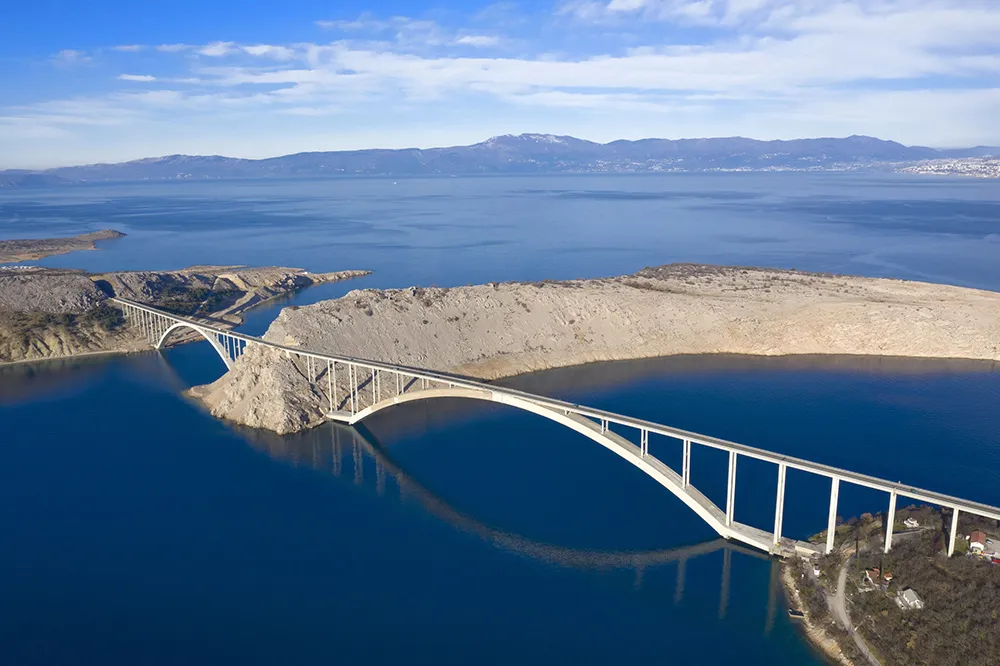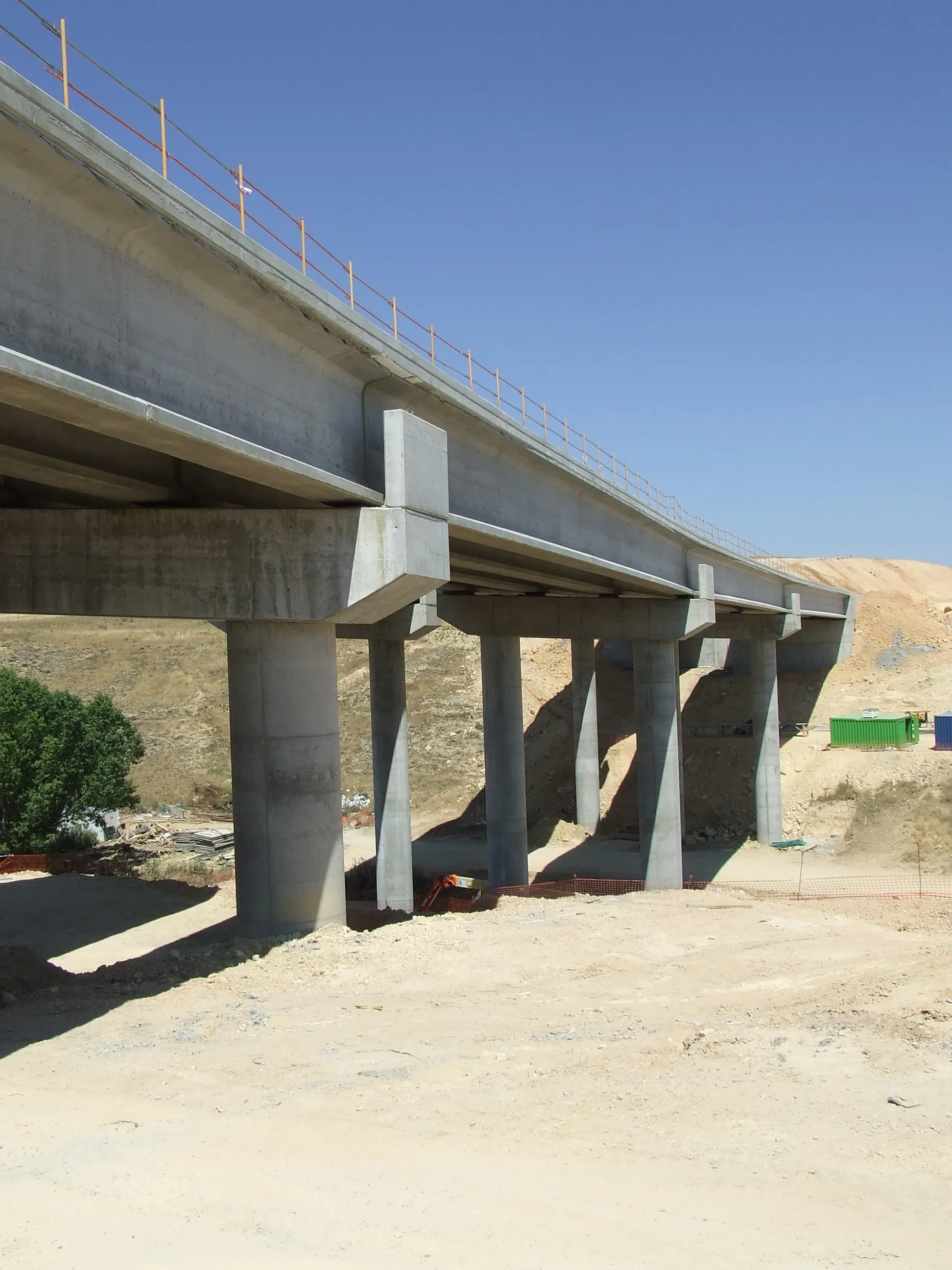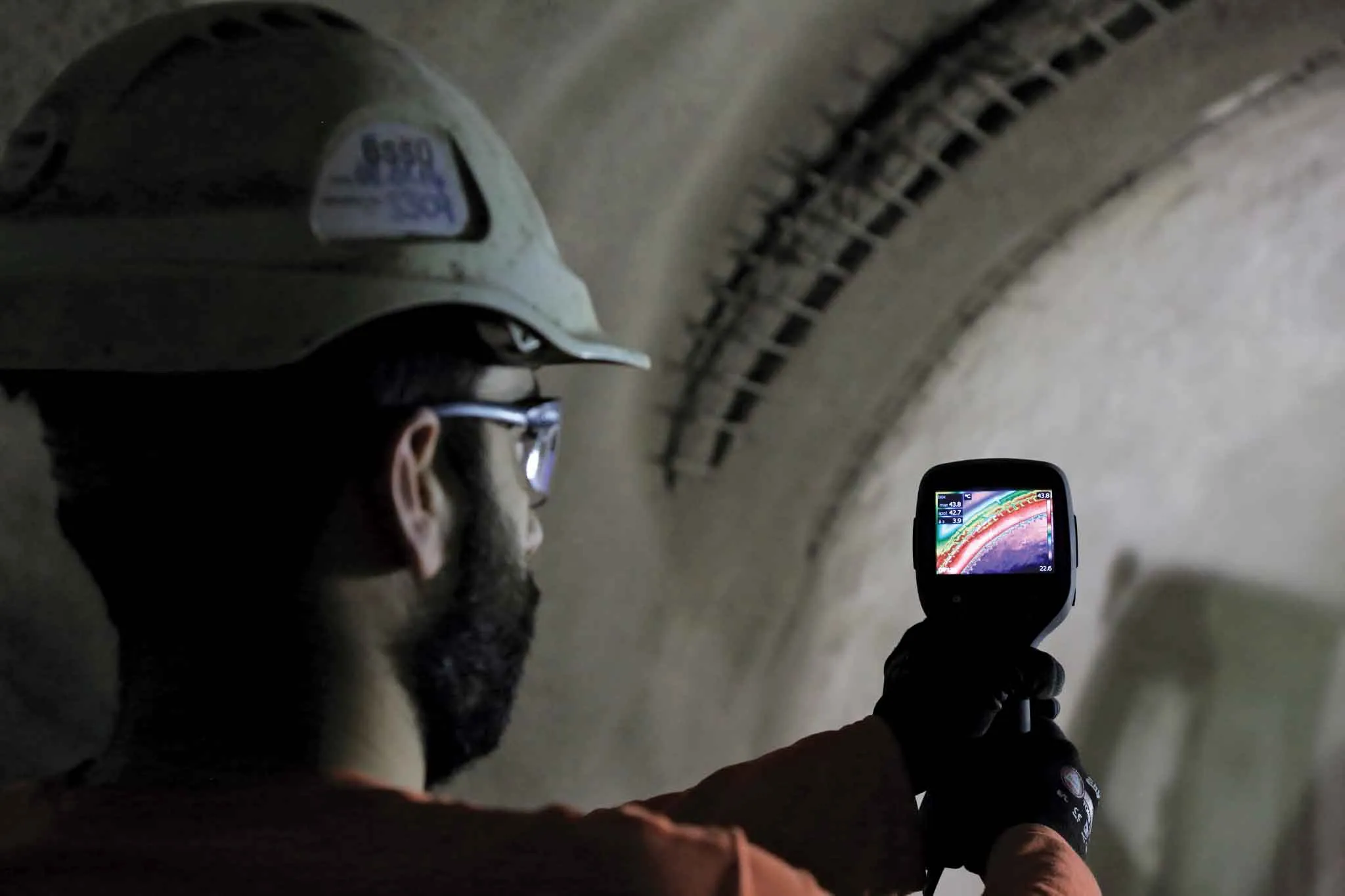
Strong winds often cause the 1.4km structure to be closed. Also, the salt air has corroded the bridge that was opened in 1980; it requires constant maintenance to provide the next 36 years of its expected service. It costs around €1 million every year in regular and extra maintenance.
Cortec says that application of its MCI 2020 will stop further corrosion of reinforcing metals and will be used in a 30-year maintenance plan where field investigation of the current status and the preservation project design was done by IGH, Institute for Civil Engineering, based in the Croatian capital Zagreb. According to the results, the concrete is contaminated to the depth of the main reinforcement, so the existing concrete is removed to this depth.
After the removal of contaminated concrete layer the cleaned concrete surface is treated with MCI 2020 (Migrating Corrosion Inhibitor) - a surface-applied corrosion inhibitor designed to migrate through concrete structures and seek out the steel reinforcement bars in concrete. A feature of MCI 2020 is that if it is not in direct contact with metals, it will migrate a considerable distance through concrete to provide protection.
Detailed visual inspection of the concrete and reinforcement is carried out and any faults are eliminated by removal of the concrete and cleaning the rebar. If corrosion is found then MCI 2020 is applied.
Before applying the mortar, the surface must be thoroughly moistened; any excess water must be removed. Repair mortar is then applied by spray onto the surface treated with the MC 2020 inhibitor in a single layer. This provides excellent adhesion, so no binding layer is required, according to Cortec.







